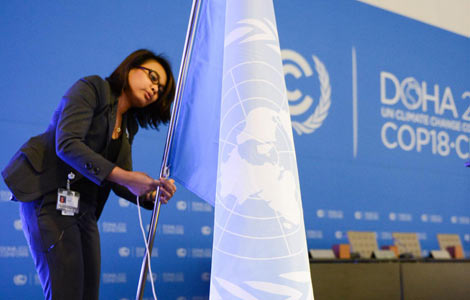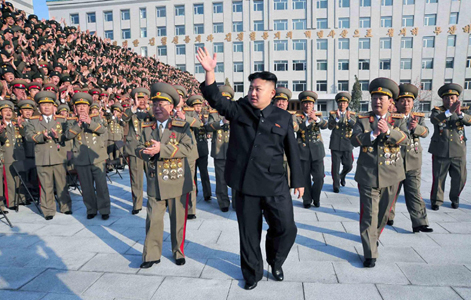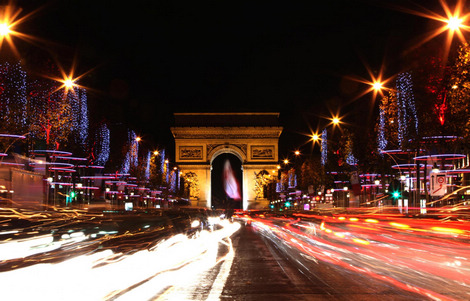
Egyptian President Mohamed Morsi faced a rebellion from judges who accused him on Saturday of expanding his powers at their expense, deepening a crisis that has triggered violence in the street and exposed the country's deep divisions.
 |
|
Anti-Morsi protesters chant slogans in front of the Supreme Judicial Council building in Cairo on Saturday. [Photo/Agencies] |
Morsi's political opponents and supporters, representing the divide between newly empowered Islamists and their critics, called for rival demonstrations on Tuesday over a decree that has triggered concern in the West.
Issued late on Thursday, it marks an effort by Morsi to consolidate his influence after he successfully sidelined Mubarak-era generals in August. The decree defends from judicial review decisions taken by Morsi until a new parliament is elected in a vote expected early next year.
It also shields the Islamist-dominated assembly writing Egypt's new constitution from a raft of legal challenges that have threatened the body with dissolution, and offers the same protection to the Islamist-controlled upper house of parliament.
Egypt's highest judicial authority, the Supreme Judicial Council, said the decree was an "unprecedented attack" on the independence of the judiciary. The Judges' Club, meeting in Cairo, called on Morsi to rescind it.
More than 300 people were injured on Friday as protests against the decree turned violent. There were attacks on at least three offices belonging to the Muslim Brotherhood, the movement that propelled Morsi to power.
Liberal, leftist and socialist parties called a big protest for Tuesday to force Morsi to row back on a move they say has exposed the autocratic impulses of a man once jailed by Mubarak.
The Morsi administration has defended the decree on the grounds that it aims to speed up a protracted transition from Mubarak's rule to a new system of democratic government.
Reuters







